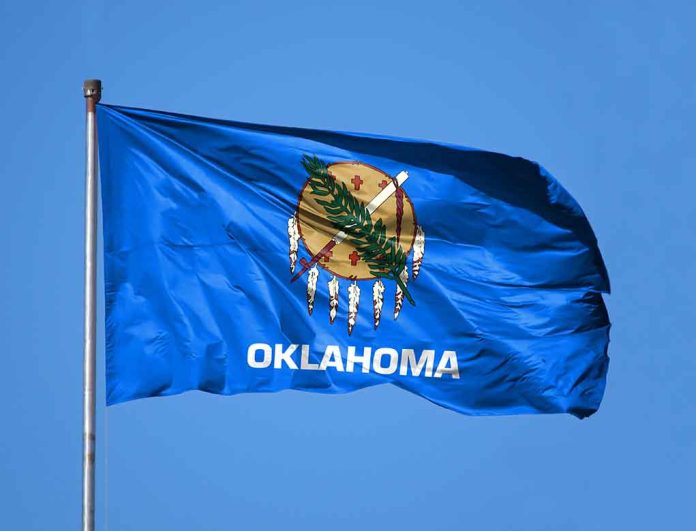
(NewsSpace.com) – Food insecurity is a big problem in the United States. The US Department of Agriculture (USDA) defines the term as when people don’t have enough to eat and don’t know where their next meal is coming from. The federal government has created resources to help people across the US, but one state recently turned down funding that would see more money given to its residents.
In October 2023, the USDA released its Household Food Security in the United States in 2022 report. It listed six states where food insecurity was “statistically significantly higher,” and one of those was Oklahoma. Recently, Republican Governor Kevin Stitt decided to reject federal funding that would help provide food for vulnerable children over the summer months.
Stitt said state officials “just don’t know enough about the program” and were cautious about the government’s tendency to push “certain agenda items.” Yet, in the state, 14.3% of households that have children suffer from food insecurity. On top of that figure, an additional 4.9% suffered very low insecurity. Still, Stitt maintains that the state has enough funding in its Supplemental Nutrition Assistance Program (SNAP) to feed those kids. He said that the state “gave over $20 million over the last couple of years to different food banks” and is confident nobody will go hungry this summer. He also didn’t rule out that the state would use it next year. The federal funding would’ve contributed an additional $40 per month toward groceries.
Not everyone is on board with Stitt’s decision. For example, Chris Bernard, the CEO of Hunger Free Oklahoma, said it was a “disappointing” decision on the governor’s behalf. Bernard further claims that the state ranks at the bottom of the list, despite what Stitt may believe.
Some tribes plan to take advantage of the support. Chickasaw and Cherokee Nations both responded, saying they would use the funds and saying Stitt’s actions were “regrettable and bewildering.”
Copyright 2024, NewsSpace.com










